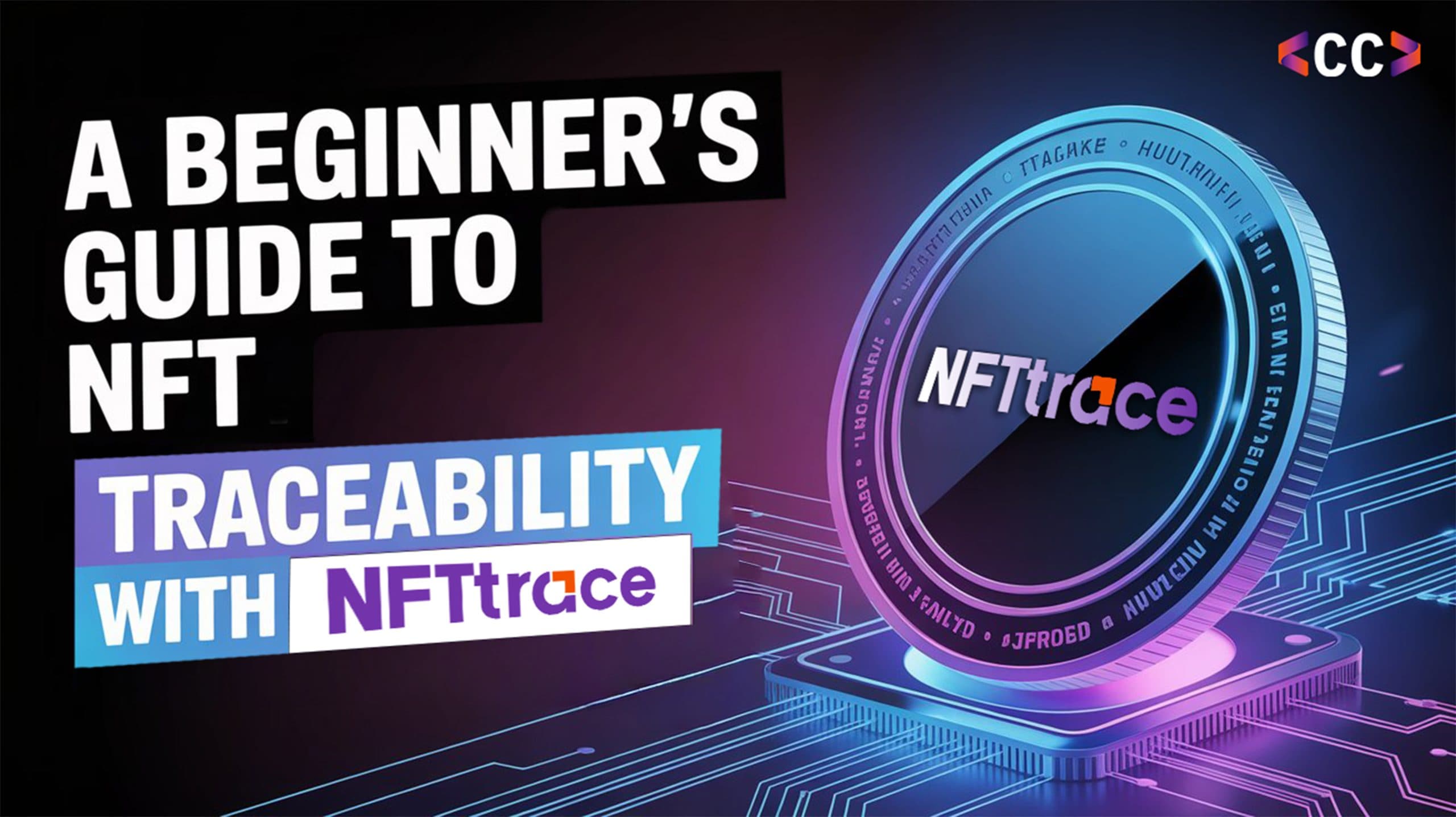Blockchain
6 months ago
A Beginner’s Guide to NFT Traceability with NFTtrace
Introduction: What Is NFT Traceability?
In an age where transparency and trust are no longer optional, NFT traceability is emerging as a game-changer—especially for enterprises dealing with real-world goods. It allows businesses to track, verify, and prove the origin and journey of assets using blockchain-backed non-fungible tokens (NFTs).
But what does that really mean? And how can you benefit from it?
In this guide, we break down how NFTtrace—ChainCode’s flagship traceability platform—is helping organizations unlock the full potential of RWA tokenization and supply chain NFTs.
What Is NFTtrace?
NFTtrace is a blockchain-based platform designed to digitally represent physical assets (also known as Real World Assets or RWAs) as NFTs. These NFTs act as unique, tamper-proof certificates of origin, ownership, and movement—all stored securely on the blockchain.
Whether you’re tracking pharmaceuticals, coffee beans, luxury goods, or industrial components, NFTtrace provides a single source of truth for all supply chain participants.
Why Use NFTs in Supply Chains?
Traditional supply chains often suffer from:
- Manual data entry
- Counterfeit risks
- Lack of transparency
- Disjointed tracking systems
By introducing supply chain NFTs, you gain:
- Immutable records of asset history
- Proof of authenticity & origin
- Real-time updates on asset status
- Automated verification at each stage
This is where NFTtrace steps in—bridging the physical and digital worlds.
How NFTtrace Enables RWA Tokenization
RWA tokenization means turning physical goods into digital tokens (NFTs) that represent real value and information.
With NFTtrace, you can:
- Tokenize each product/unit with a unique NFT.
- Attach metadata—batch number, date, certifications, geolocation, etc.
- Scan and verify at any point in the supply chain.
- Transfer NFTs securely, reflecting custody or ownership changes.
This turns every step—from manufacturing to retail—into a transparent, verifiable blockchain event.
Use Cases of NFT Traceability
- Pharma & Healthcare: Prevent counterfeiting by tracking origin and expiration details.
- Luxury Goods: Prove authenticity and reduce resale fraud.
- Agri Supply Chains: Certify fair trade, organic compliance, and farm-to-fork traceability.
- Logistics: Track shipping, handoffs, and delivery milestones.
- Industrial Manufacturing: Maintain QA records and chain-of-custody logs.
Getting Started with NFTtrace
Getting started is simple—even if you’re new to blockchain.
- Register on the NFTtrace platform.
- Onboard your product using the intuitive dashboard.
- Tokenize assets with just a few clicks.
- Track, update, and verify asset data in real-time.
No complex code. No blockchain experience required.
Why This Matters for the Future
As industries move toward Web3 adoption, NFT traceability will play a key role in:
- Regulatory compliance
- ESG reporting
- Cross-border logistics
- Customer transparency
NFTtrace is leading this transformation—making blockchain adoption practical, secure, and scalable for enterprises worldwide.
Conclusion
NFT traceability is more than a tech trend—it’s a strategic advantage in an increasingly data-driven, trust-sensitive world. With platforms like NFTtrace, your enterprise can embrace RWA tokenization and supply chain NFTs without the heavy lifting.
Ready to future-proof your supply chain?
Get Started with NFTtrace Today

